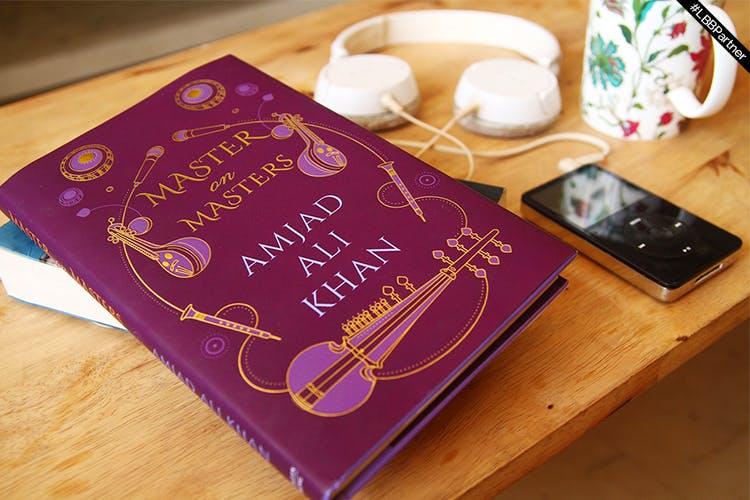An Indian classical musician who plays the sarod, Ustad Amjad Ali Khan has over the years carved a special niche for himself in the field of classical music. His forte is groove-worthy rhythm, with a no holds barred policy when it comes to style and genre. We say, just listen to him, lose yourself in the swirls of your own imagination and draw your own conclusions.
Want to read more about these musicians? Ustad Amjad Ali Khan, in his new book, Masters on Masters is set to give readers a more intimate and personal look into the world of Indian classical music. Having know these stalwarts on a personal level, Ustad Amjad Ali Khan recalls anecdotes and details about their individual music styles, bringing them alive for every reader.
Listen to him here. You can buy Masters on Masters by Amjad Ali Khan here.
This story is in partnership with Penguin.

